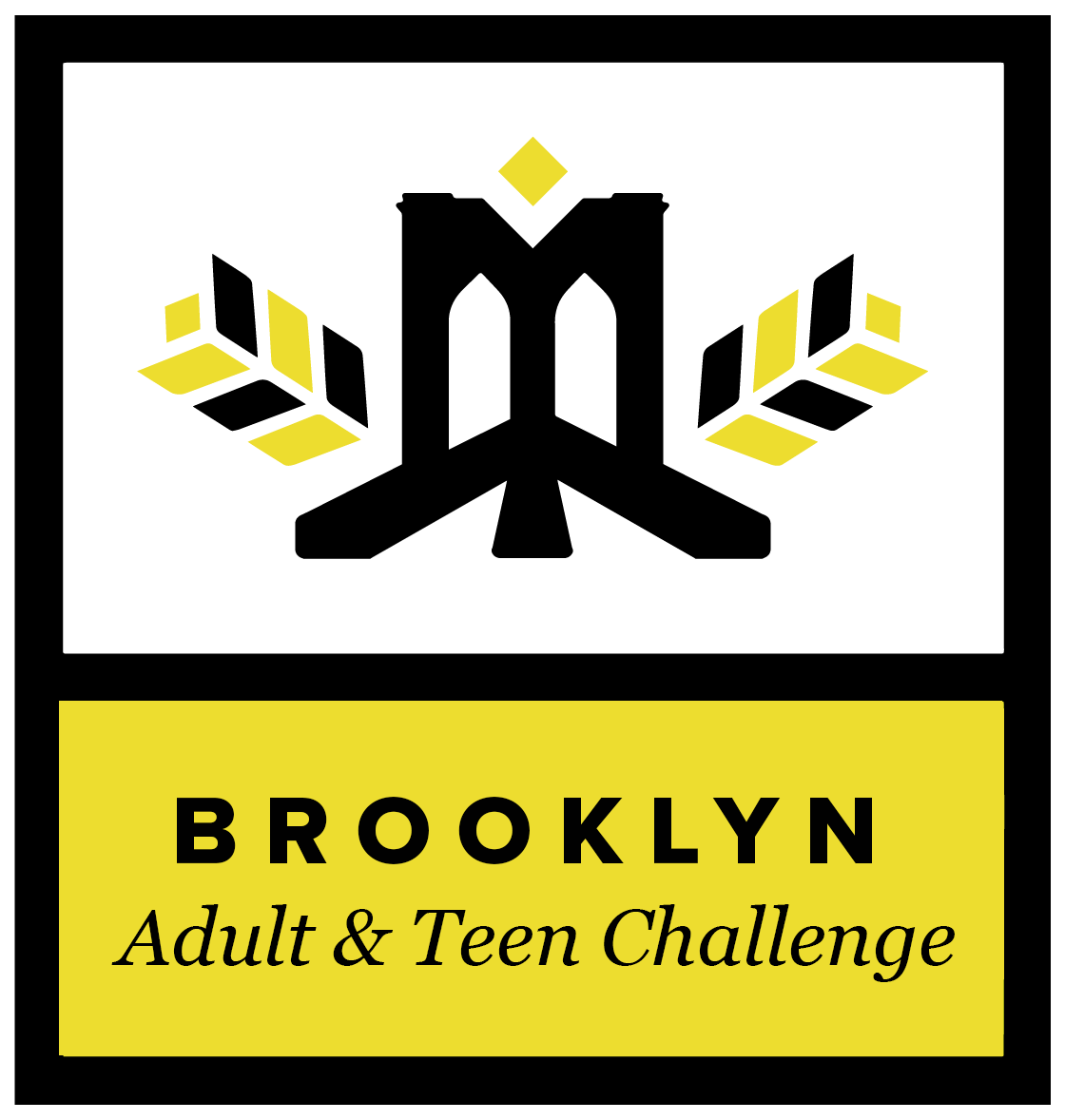Chapters 7-9 Overview
Genres: Historical Narrative, Stories of History
Genres: Old Testament Law
Genres: Poetry
Assignments
Read each chapter. Watch the corresponding teaching videos on the Global University Website, which you can access via the link below.
Answer all interactive questions and place the answers in your binder.
Take Test Yourself quizzes on a separate sheet of paper and place in your binder.
Watch the Supplemental Videos below and complete the following:
1 page (minimum) reflection on the material. Reflection should contain a summary of material as well as what you as the student learned from the videos. You should also reflect on how the content of the video can help you in your life and ministry.
Assignment needs to be turned in by Friday, February 8.
